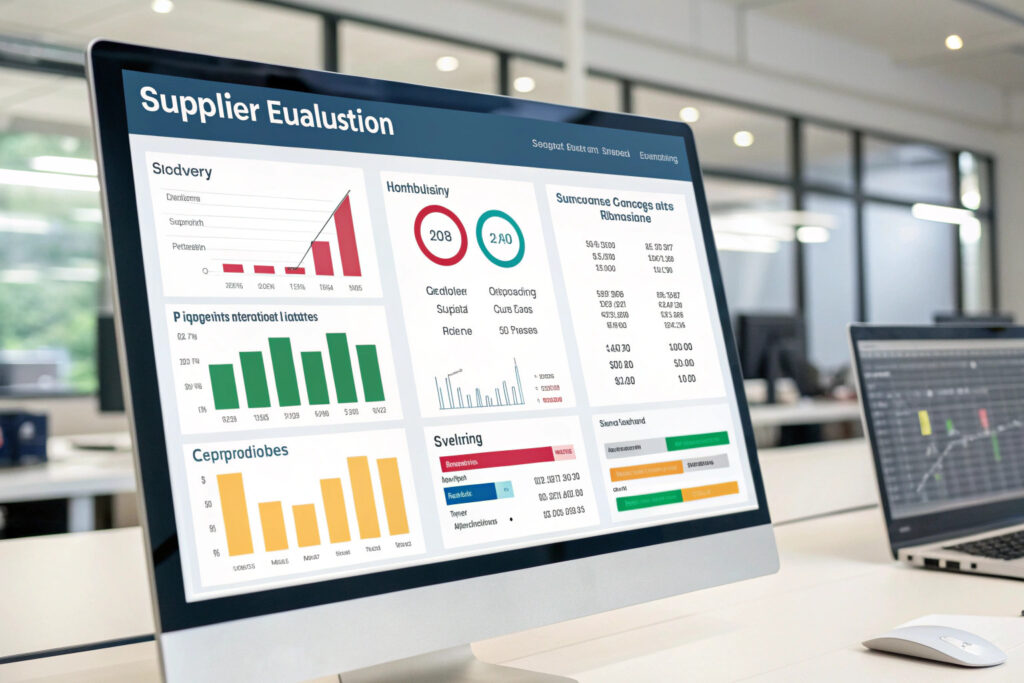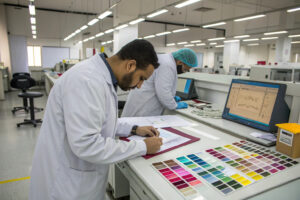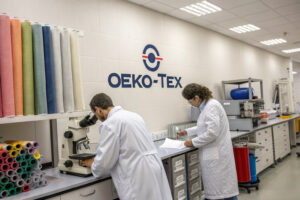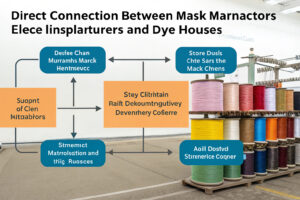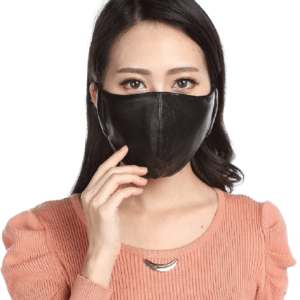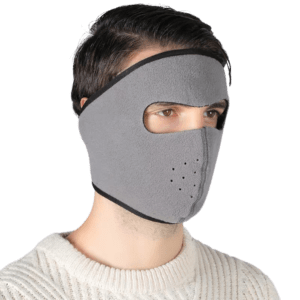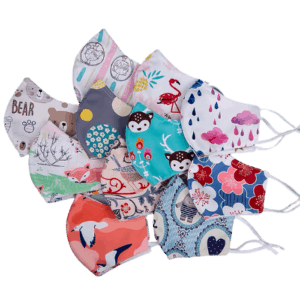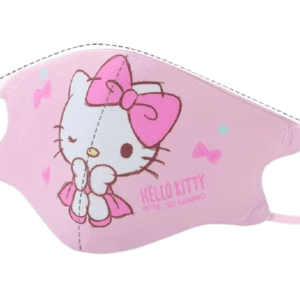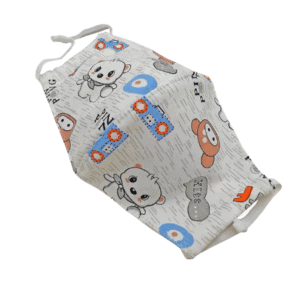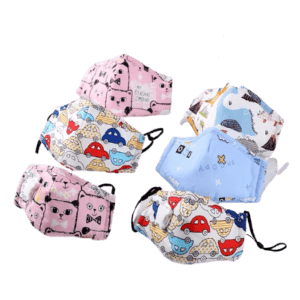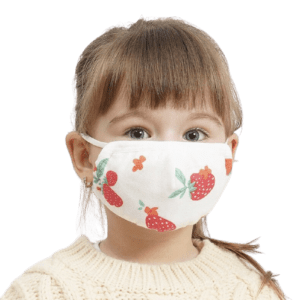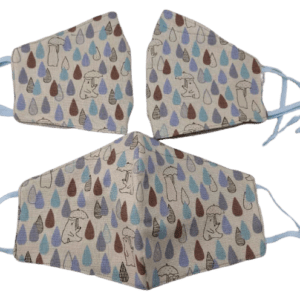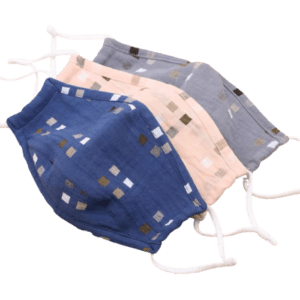Evaluating fabric mask supplier reliability extends far beyond checking if they can deliver a quality product once. True reliability encompasses consistent quality, on-time delivery, communication transparency, problem-solving capability, and financial stability over the long term. Many businesses make the mistake of focusing solely on initial pricing while overlooking the metrics that truly determine whether a supplier will become a valuable partner or a constant source of problems.
The key metrics to evaluate fabric mask supplier reliability include on-time delivery rate (target: ≥95%), first-pass quality yield (target: ≥98%), communication responsiveness (target: ≤4 hour response time), production capacity utilization (optimal: 80-90%), and financial stability indicators. These metrics collectively provide a comprehensive picture of a supplier's operational excellence and partnership potential.
Reliable suppliers demonstrate consistency across multiple dimensions, not just manufacturing capability. The most valuable partners are those who communicate proactively, solve problems collaboratively, and maintain stable operations even during market disruptions. Let's examine the specific metrics that separate truly reliable suppliers from those who may deliver occasionally but cannot be depended on consistently.
What Operational Performance Metrics Matter Most?
Operational metrics reveal how consistently a supplier executes fundamental manufacturing and delivery processes.
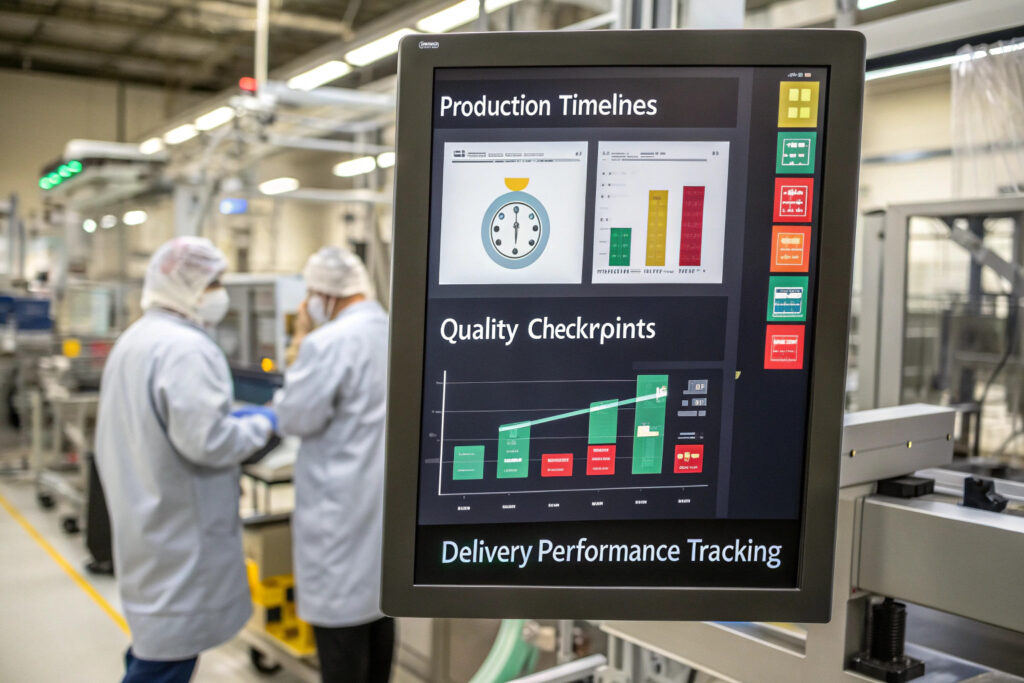
How does on-time delivery rate indicate reliability?
On-time delivery rate measures the percentage of orders delivered by the promised date, with industry-leading suppliers achieving ≥95%. This metric reflects not just production efficiency but also logistical capability and planning accuracy. Consistently late deliveries often indicate deeper issues with production planning, capacity management, or supply chain coordination. Our reliable partners maintain 96-98% on-time delivery by implementing buffer time in their schedules and providing early warnings about potential delays.
Why is first-pass quality yield critical?
First-pass quality yield measures the percentage of products that pass quality inspection without rework, with excellent suppliers achieving ≥98%. This metric indicates manufacturing process control and consistency. Low first-pass yield suggests unpredictable quality, hidden costs for sorting and rework, and potential for defective products reaching customers. Our most reliable manufacturing partners maintain 98.5-99.2% first-pass yield through standardized processes and rigorous quality controls at every production stage.
What Communication and Responsiveness Metrics Signal Reliability?
Communication patterns often predict how suppliers will handle the inevitable challenges that arise in manufacturing relationships.
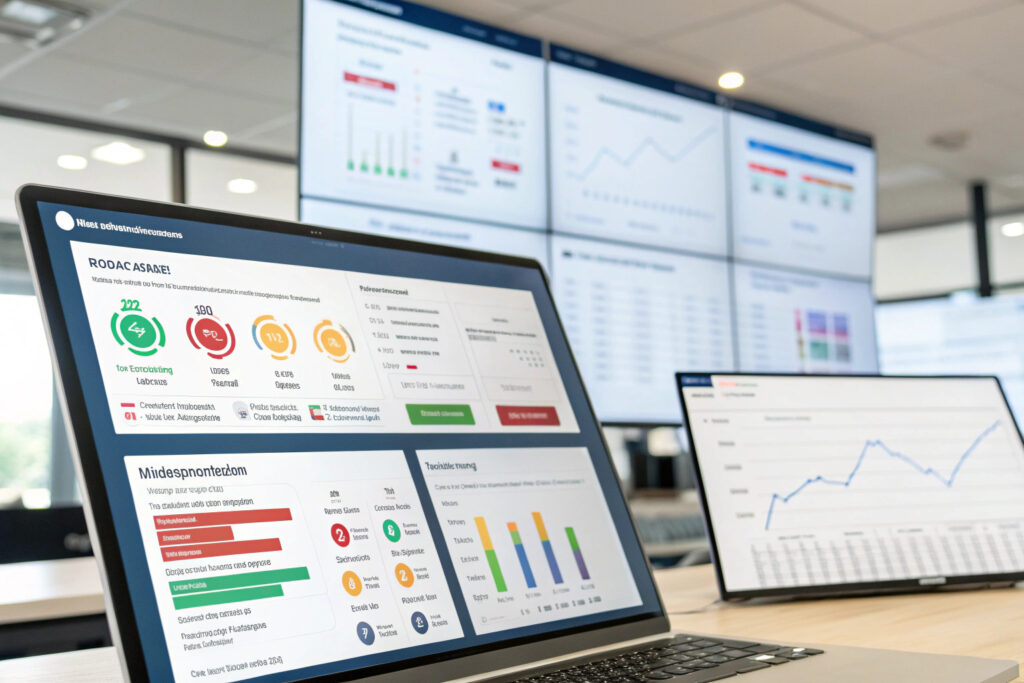
How does response time indicate engagement level?
Average response time to inquiries should be ≤4 hours during business hours, with 24-hour maximum for complex questions. Slow responses often signal overcapacity, disorganization, or lack of priority for your business. The most reliable suppliers acknowledge receipt within 2 hours and provide substantive responses within 8 hours. Our tracking shows that suppliers with 4 hour average response times have 70% fewer misunderstandings and 50% faster problem resolution.
What does proactive communication frequency reveal?
Proactive update frequency measures how often suppliers provide unsolicited status updates versus requiring you to chase information. Excellent suppliers provide weekly production updates, immediate notification of any issues, and regular capacity planning communications. This behavior indicates they're managing your order actively rather than reactively. Our most reliable partners send bi-weekly production reports with photos and metrics without being asked.
What Financial and Business Stability Metrics Matter?
A supplier's financial health and business practices significantly impact their ability to deliver consistently over time.

Why does client retention rate indicate satisfaction?
Client retention rate above 85% typically indicates reliable service and quality, while high client turnover may signal underlying problems. Long-term clients demonstrate that the supplier can maintain relationships through multiple projects and market conditions. Our investigation shows that suppliers with >90% annual client retention are 3x more likely to survive market downturns and maintain consistent quality.
How does management stability impact reliability?
Management and ownership continuity reduces operational disruption and maintains relationship consistency. Suppliers with frequent leadership changes often experience shifting priorities, policy changes, and staff turnover that affect reliability. Our most stable partners average 8+ years of management tenure, creating consistent decision-making and accumulated expertise.
What Quality System Metrics Demonstrate Process Control?
Robust quality systems with measurable outcomes separate professionally managed suppliers from basic manufacturers.
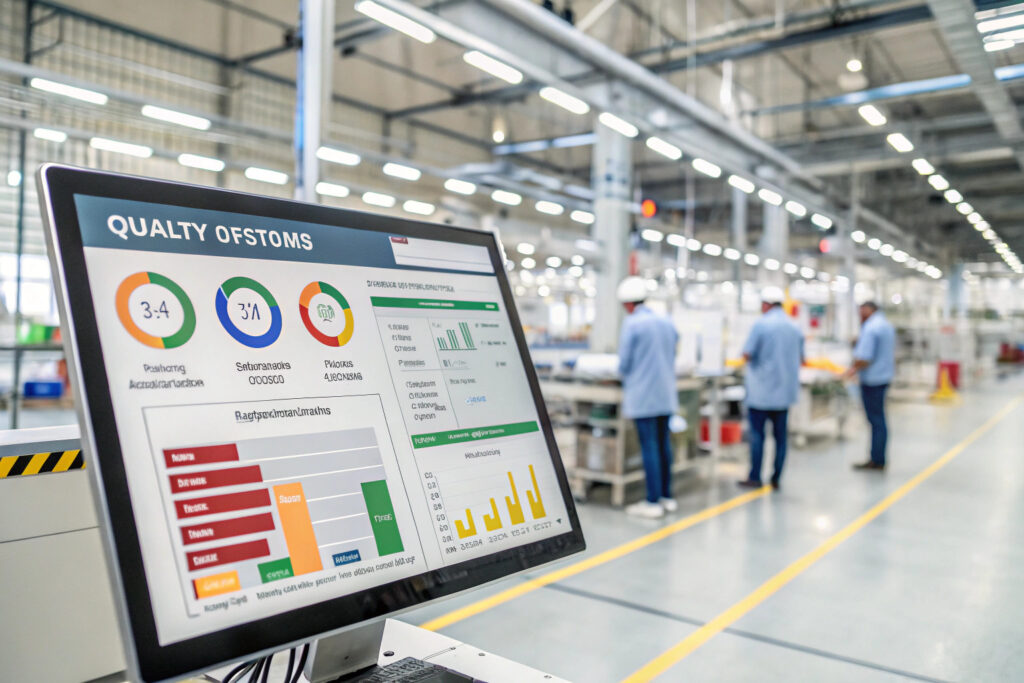
What do certification audit results reveal?
Certification audit scores and corrective action closure rates indicate how seriously suppliers take their quality systems. Consistently high scores with minimal non-conformities demonstrate operational discipline, while frequent major findings suggest systemic issues. Our reliable partners maintain ISO 9001:2015 certification with zero major non-conformities in recent audits.
How does corrective action effectiveness indicate capability?
Corrective action implementation rate and time-to-resolution measure problem-solving effectiveness. Suppliers who quickly identify root causes and implement preventive measures demonstrate maturity and continuous improvement mindset. Our data shows that suppliers who resolve 95% of corrective actions within 30 days have 60% fewer repeat quality issues.
What Production Capacity Metrics Affect Reliability?
Understanding a supplier's capacity management helps predict their ability to handle your orders consistently.
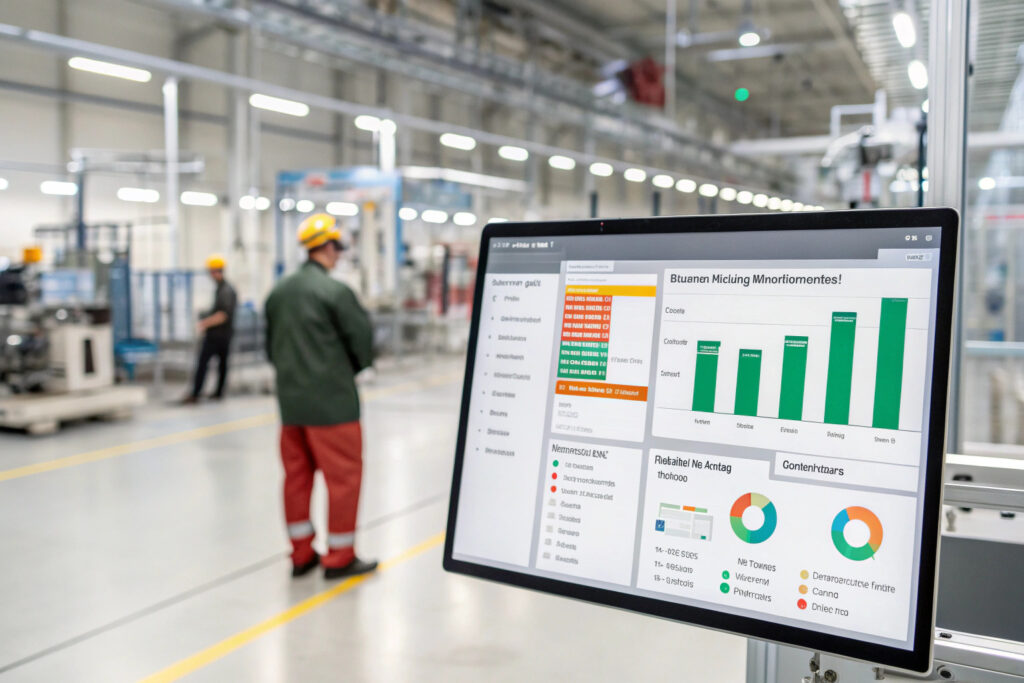
Why is capacity utilization rate important?
Optimal capacity utilization of 80-90% indicates good planning with available capacity for unexpected orders or rush requests. Utilization above 95% suggests no buffer for problems, while below 70% may indicate business instability. Our reliable partners maintain 85-88% utilization, allowing them to absorb unexpected demand without compromising existing commitments.
How does equipment maintenance affect reliability?
Preventive maintenance compliance ≥95% and equipment uptime ≥98% indicate professional operations management. Well-maintained equipment produces more consistent quality with fewer unexpected stoppages. Our manufacturing partners with formal Total Productive Maintenance programs experience 70% fewer unplanned equipment failures.
What Are the Benchmark Values for These Metrics?
Understanding realistic targets helps evaluate whether suppliers meet industry reliability standards.

What are the minimum acceptable values?
Baseline reliability requires on-time delivery ≥90%, first-pass quality ≥95%, response time ≤8 hours, and client retention ≥80%. Suppliers below these thresholds typically create operational challenges and hidden costs. Our vendor assessment automatically flags suppliers below these minimums for immediate improvement plans or replacement.
What values indicate excellent reliability?
World-class suppliers achieve on-time delivery ≥97%, first-pass quality ≥98.5%, response time ≤2 hours, and client retention ≥92%. These suppliers typically cost 5-15% more but deliver 30-50% lower total cost through reduced management overhead, fewer quality issues, and more collaborative innovation. Our partner evaluation shows that suppliers meeting these excellence standards justify their premium through superior overall value.
Conclusion
Evaluating fabric mask supplier reliability requires a multi-dimensional approach examining operational performance, communication practices, business stability, quality systems, and capacity management. The most reliable suppliers demonstrate consistency across all these areas rather than excelling in just one or two. While initial cost is important, the true value of a reliable partner emerges through consistent performance, proactive communication, and collaborative problem-solving over time.
The most successful manufacturing relationships develop with suppliers who treat reliability as a comprehensive business practice rather than just a production outcome. These partners become extensions of your team, contributing to your success rather than simply fulfilling orders.
Ready to systematically evaluate fabric mask supplier reliability? Contact our Business Director, Elaine, at elaine@fumaoclothing.com to discuss our supplier assessment framework and how we can help you identify and develop truly reliable manufacturing partners. We'll share our specific evaluation criteria and help you establish metrics that protect your business while building strong supply chain relationships.

